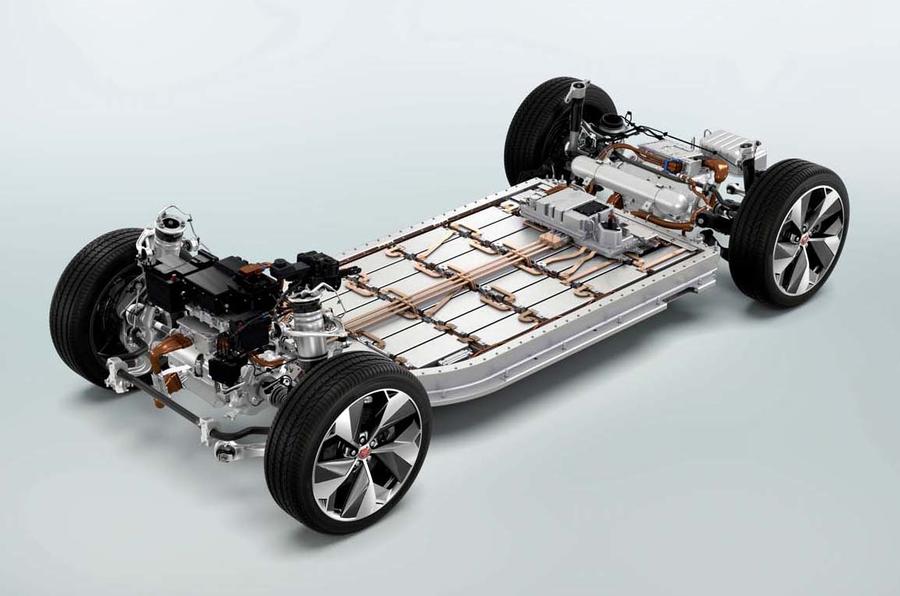Seven leading British institutions sign a memorandum of understanding to research “holy grail” tech.
Seven British companies have agreed to work together to develop prototype solid-state batteries, with the aim of making the UK a world leader in an avenue seen as the “holy grail” of battery technology.
A memorandum of understanding has been signed by the Faraday Institution, the UK’s independent institute for electrochemical energy storage research; EV battery maker Britishvolt; manufacturing equipment designing firm E+R; battery materials business Johnson Matthey; the UK Battery Industrialisation Centre; the University of Warwick’s Warwick Manufacturing Group; and the University of Oxford.
The group’s goal is to develop solid-state batteries that can be used in the automotive industry, where the potential ability to hold more charge per unit of volume than current lithium-ion packs could dramatically increase the range of electric vehicles.
“I’m delighted to be able to announce the formation of this unique consortium for the advancement of solid-state battery prototyping that includes leading UK-based organisations at many stages in the value chain,” said Professor Pam Thomas, CEO of the Faraday Institution.
“Our leadership in this venture signals a move towards a role that the Faraday Institution will increasingly play as a trusted convener of significant partnerships between UK industry and academia as a route to commercialise breakthrough science emerging from our research programmes to maximise UK economic value.”
The Faraday Institution estimates that solid-state batteries will take a 7 per cent share of the global consumer electronics market by 2030, as well as a 4 per cent share of the EV battery market. By then, sales of solid-state batteries to car manufacturers could reach $8 billion, with a rapid rise predicted in the following decade.
Designs for a prototyping facility have already been drawn up by the consortium, although it’s still searching for sources of funding. The facility would allow solid-state battery technology to emerge from university labs in the UK, with an ability to produce larger cells using scalable manufacturing techniques.
“Solid-state is the holy grail of battery solutions,” said Dr Allan Paterson, chief technology officer at Britishvolt. “Solid-state batteries have the potential to increase energy density significantly over battery technology available today and could dramatically and positively change the world of electric vehicles.
“Britishvolt will be at the forefront of commercialising this step change over the coming years.”
David Greenwood, the CEO of WMG High Value Manufacturing Catapult added: “Early forms of solid-state battery are already around us, but we have yet to see solutions which are both mass-manufacturable and meet the performance and cost targets for future transport applications.
“There remains huge opportunity for innovation in this space, and this initiative will provide the route for the UK to fast-track candidate technologies to industrialisation.”
Joe Holding




